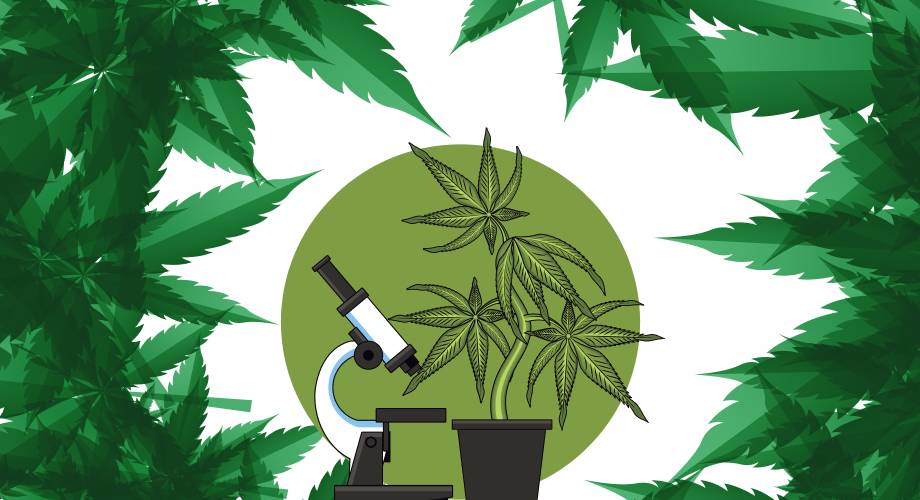What is a COA for CBD?
A Certificate of Analysis (COA) is a document that proves a CBD product has undergone lab testing. This testing is a means of proving to the consumer, retailer, as well as the government, that the hemp-derived product contains less than 0.3% Delta 9 THC by weight. These tests, used to check cannabis plants for any unwanted components, have become mandatory for retailers to make available for consumers after the passing of the 2018 Farm Bill. The need for these tests came from the legal distinction between hemp and non-hemp cannabis.
Read more:
What is CBD?
What is Delta-9 THC?
Why is a COA for CBD important?
COAs are the industry standard for displaying test results, ensuring that the product is fit for human consumption. With this information, businesses can properly follow all laws and regulations (like the 2018 Farm Bill) and be sure that the products they choose to sell are free from any harmful pesticides or heavy metals. For consumers, COAs demonstrate that what they’re about to put in/on their body is a premium quality CBD product, like the products we sell at Cloud City Supply.
Where can I find the COA for a product?
At the bottom of any page on our website, scroll to the bottom tagline, and click on the link titled Certificates of Analysis (or click this link).
This page contains the grand list of our products’ corresponding COAs. Check back whenever a new product drops to see its breakdown and feel free to call or text (408) 777-6783 with any questions. All of these are downloadable PDFs. Though all of our products fit within federal limits, we advise having this information on hand while traveling. Domestically, there should be no issue. Internationally however, we advise researching each country of travel’s restrictions and legal limits.
Personally, I faced no issues traveling in/out of France with these products. I came over-prepared with printed papers of our COAs and they really just wanted to make sure I had nothing sharp or containing bomb residue on me or my belongings. I practiced explaining CBD to folks in French as if I was going to be interrogated and have to defend myself. Again, this is not the case for every individual, nor every country. We see this in the case of WNBA player Britney Griner being arrested in Russia for having cannabis cartridges containing THC.
What gets tested in CBD products?
Many components of the cannabis plant are tested for legal reasons, but also for consumers and budtenders to make the most educated choice of strain/product to fit customer needs. There are over 100 cannabinoids found in Cannabis sativa L., the parent hemp plant. That’s a lot, and we are still finding out more about how each cannabinoid affects the endocannabinoid system. From the raw plant, we find the acid forms of these cannabinoids (THCa, CBDa, CBGa, etc.) which can be extracted from a raw press or juicing method. When exposed to heat, like through smoking or drying the plant, these acids breakdown to form their more active forms (we’ll be posting more information about how these different cannabinoids affect humans as studies surface and as classifications get lifted). The four we focus on in our products include Delta-9 THC, CBD, CBG, and CBN.
In the product testing phase, labs check for two main things: total Delta-9 THC percentage by weight/volume and CBD concentration or dosage. Additionally, suppliers can choose which products get tested for more compounds, like testing plant matter for pesticides or vape cartridges for adulterating solvents like Vitamin E oil. To judge what flavors and alternate effects may be present, labs can choose to test for terpenes and essential oils. Businesses can opt in to have more tests run including checking for concentrations of heavy metals, pesticides, mycotoxins, microbials, and residual solvents.




